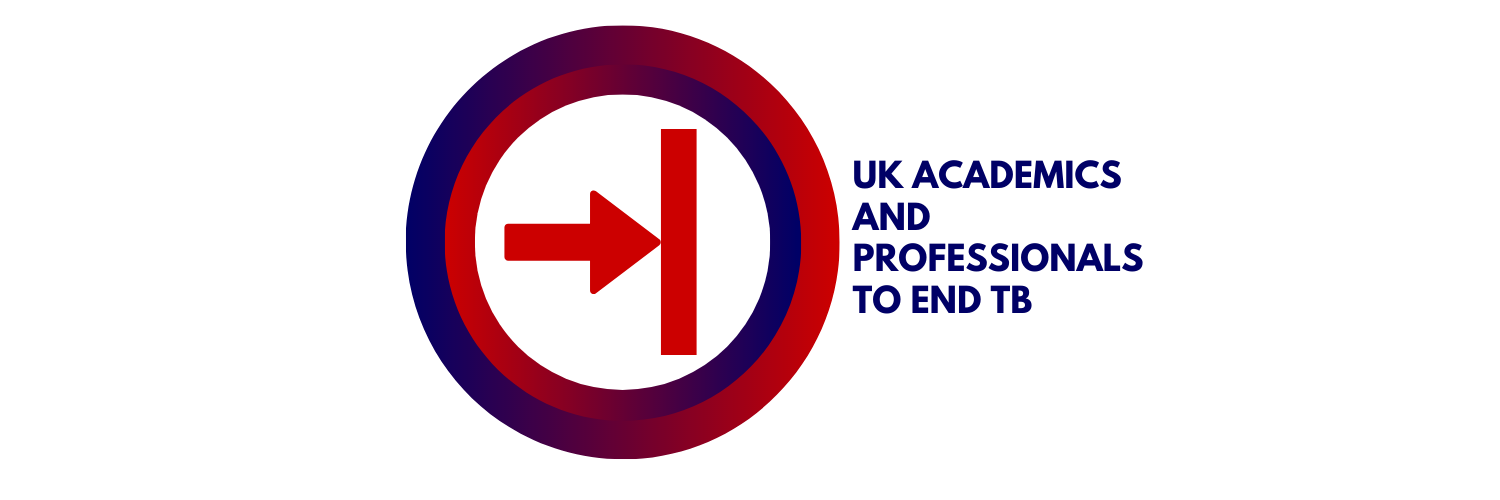Join us in the Community Space at The Union 2018
October 3rd, 2018, written by Pally Khan
UKAPTB and leading tuberculosis charity TB Alert have joined forces to host a session at the Union World Conference on Lung Health in The Hague. The session, “What is the pathway to developing more effective collaboration between civil society and academia in applied health research?”, is free to attend and open to all, taking place at 13.15-14.15 (please note this is later than the originally published time) on Thursday, 25th October in the Community Space section of the venue.
We are delighted to be able to contribute to the world’s foremost lung health conference, and hope to see you there. More information about the session is below.
Session description
There is urgent need for applied health research which explores how to use existing and new tools to maximise the impact of TB prevention and care programmes. This research needs to build expertise in how to most effectively reach affected communities and support individual patients. NGOs and other civil society actors can play a critical role in applied research, as they bring a deep understanding of affected communities, along with the trust of and access to those communities.
This session aims to explore the roles that civil society can play in academia-led applied research, provide examples of effective collaboration and discuss barriers which can hinder civil society’s involvement. Through presentations and a forum for open discussion (agenda below), this session aims to identify pathways towards more effective collaboration in applied heath research.
Welcome and intro to the session by the chair
Professor Bertie Squire, Liverpool School of Tropical MedicineWhy is applied health research critical to the fight against TB, and why must civil society and academia partner to deliver this effectively?
Professor Tony Harries, The UnionWhat are examples of good practice for civil society involvement in applied health research projects, and how can these principles be applied more broadly in research?
Dr Irene Ayakaka, Makerere University, Uganda; Dr Musonda Simwinga, Zambart, Zambia; Dr Bakhtiyar Babamuradov, Project HOPE, KazakhstanHow can TB services fail patients, and how can the engagement of TB-affected persons in applied health research help overcome this?
Louie Zepeda-Teng, TB survivorWhat challenges face civil society interested in working in applied health research?
Sameer Sah, TB Alert, UKOpen panel discussion: What is the path forward for developing more effective collaboration between civil society and academia in applied health research?
Chair: Professor Bertie Squire (LSTM, UK)
Coordinators: Rebecca Harris (London School of Hygiene and Tropical Medicine, UK) and Mike Mandelbaum (TB Alert)
Main Objectives: To explore the roles, challenges and opportunities for deepened engagement and collaboration between academia and civil society in the development of applied health research for TB.
Target Audience: TB academics, civil society, advocates, patients
